The brief description of ancient Indian architecture is as follows –
Indus Valley Civilization
The Indus Valley Civilization was the first urban civilization in the history of the world. It was discovered in 1921. During the excavation, the samples received from the architectural class were superior to the other civilizations of that time. The cities were developed like chess board. There was a good settlement of the drains. A large bathhouse has been received from STHL Mohan Joddo of the Indus Valley Civilization. Huge food grains have been received from the Harappan salt spot.
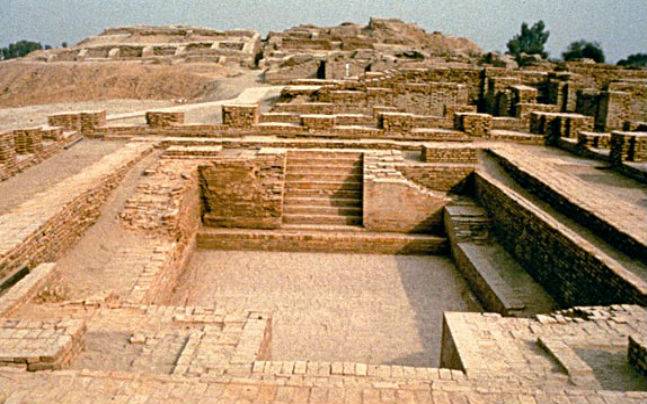
From Vedic to Magadha Period
After the down of Indus Valley Civilization, the rise of Vedic civilization emerged. Due to being a rural civilization of Vedic period, there is no balance of architectural art till today. The main contribution of the Vedic period is in Indian literature and culture. Even the samples of architectural architecture of the time of sixteen Mahajanapadas are not present today.
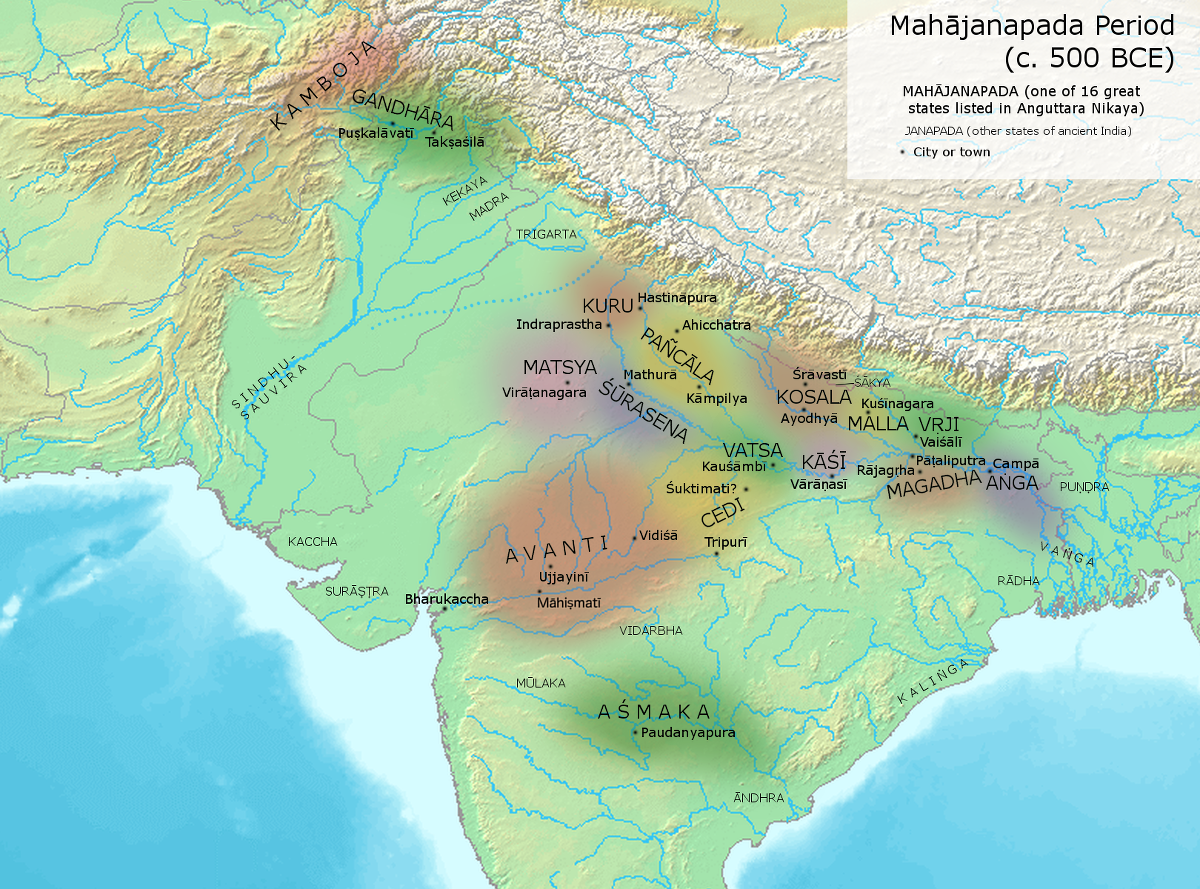
Maurya Kal
Indian architecture was developed in the Mauryan period. Inscriptions of Ashoka, Sarnath Stupa, Barabar caves are excellent specimens of architecture of this period.
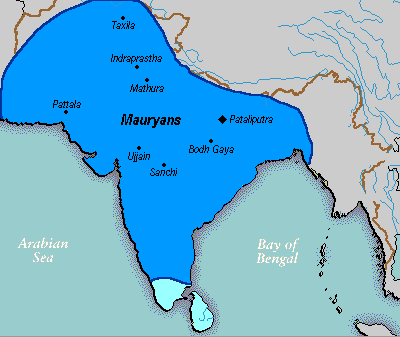
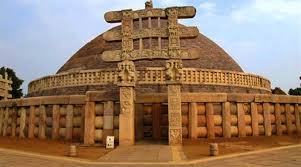
Sarnath Dhamek Stupa
Sarnath is located in Varanasi district of Uttar Pradesh. Here Gautam Buddha gave his first preaching. There are Dhekhha and Chakhandi stupas in Sarnath. Dokha Stupa is an excellent example of architecture, which Ashok has built. Ashoka's inscription has also been received in Sarnath.

Barabar Caves
It is located in Gaya district of Bihar. It contains Ashoka inscriptions. It is said that it was donated by Ashoka to the monks.
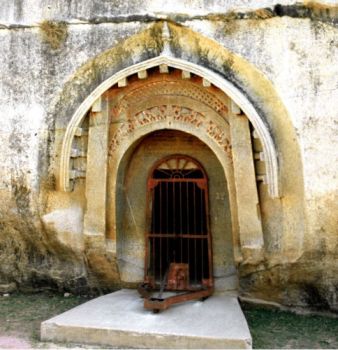
Post-war architecture
After the Maurya period, the state of Pushyamitra Shunga started. Pushyamitra Shunga created a stupa. Satavahana kings built many temples, chaityas and viharas. The Nashik inscription is related to Satavahana king Gautamiputra Satakarni
Kushan Art
Kushan belonged to China's U-Chi race. During his time, Mathura and Gandhara were the chiefs of the school, which were related to Kala. There was a great development of sculpture in this period. The use of pucca bricks started in this period.
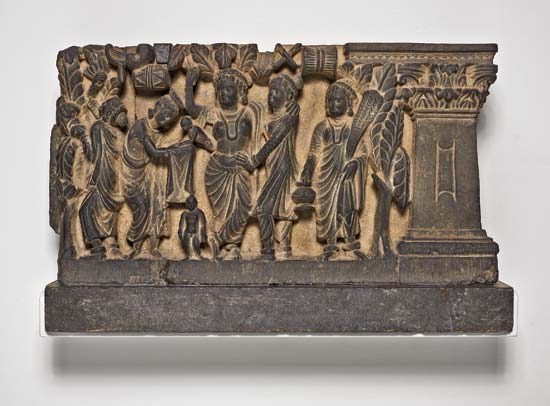
Guptas Period architecture
The Guptas are called the Golden Age of Ancient India. In the Gupta period, the construction of the temple was started. In this period the idols of the gods were kept in the sanctum of the temples. The Dhomok stupa of Sarnath is completed in this period. In this period the temples were made of small bricks and stones.

Many temples were built in this period, the main examples of which are as follows:
- Dashavatara Temple - Deogarh (Jhansi)
- Bhitargaon Temple - Bhitargaon (Kanpur)
- Shiv Temple, Bhumara (Nagaur)
- Parvati Temple at Nachna-Kuthara
- Dashavatar Temple - Dashavatar Temple is an excellent example of the art of architectural art. It is situated in the city Devgarh, on the banks of the river Betwa of Jhansi district. This is Vishnu's temple of God.
South Indian ancient architecture
In the South India, the Vakataka dynasty, Chalukya of Badami, the kingdom, the Pallava kings, the Ganges dynasty, remained the kingdom of the Chola dynasty.
Natraj Temple is in Chidambaram of Tamil Nadu. It was built by the kings of Chola dynasty. There is a statue of Nataraja in it. Natraj means Shiva in the post of dance or dance of dance.
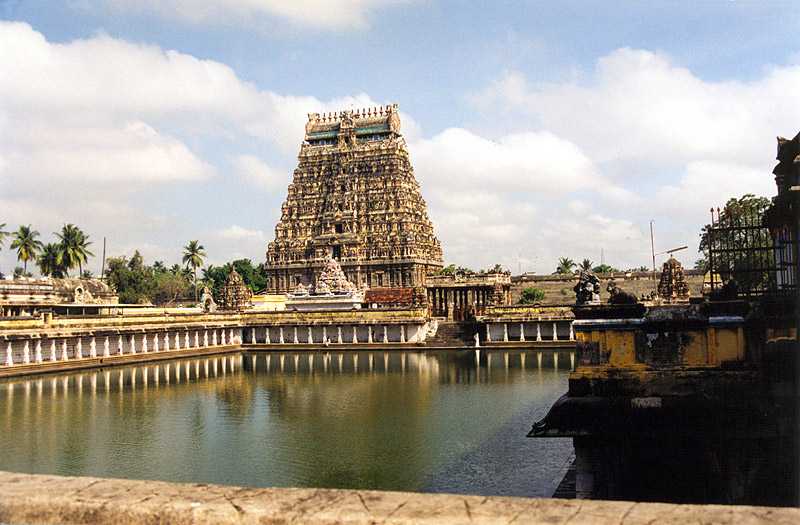
The Brihadeshwara temple is in Thanjavur of Tamil Nadu. This is a world famous temple. It was built by Rajaraj Chola I. It is a temple of granite that is the only temple of its kind in the whole world. Its plane (peak) is 16 floors high.

Kailash Temple is a world famous temple situated in Ellora, Maharashtra, Aurangabad. It was made by cutting the huge rock by King Krishna King Krishna.
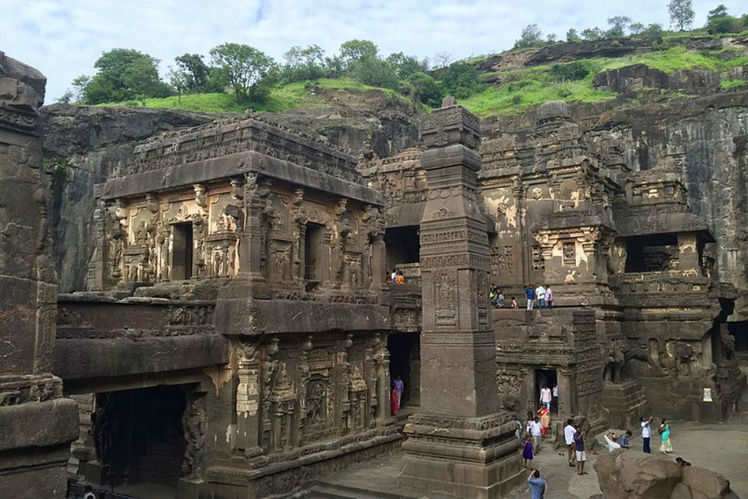
It was built by Chola King Rajaraja Chola II. Muslim armies attacked this temple, but again and other Hindu temples were rebuilt at the time of establishment of the Hindu Empire.
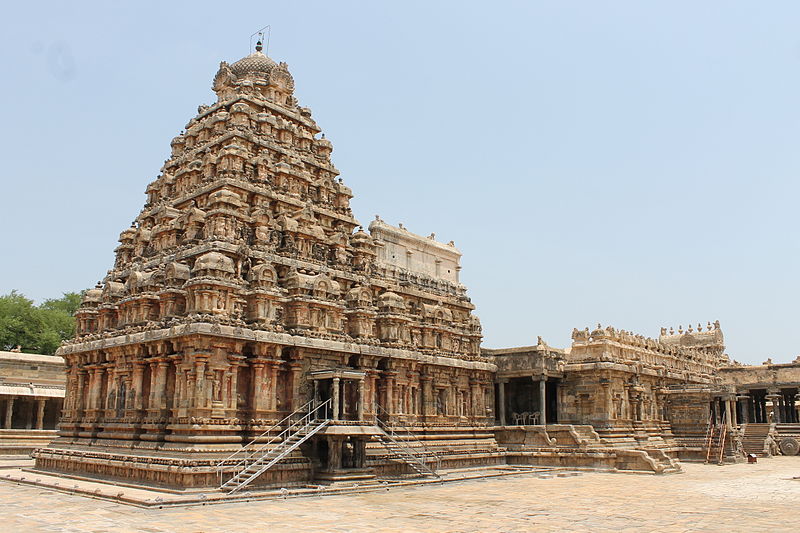
It was created by Gang Ruler Narasimha Deo. This is called black pygoda. There were seven chariots while pulling the temple of Suri in it. In which 24 wheels were engaged.
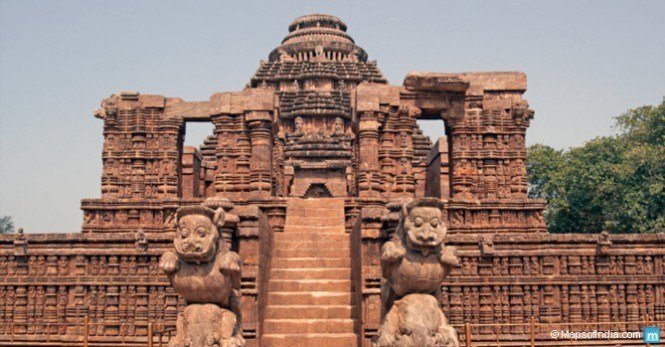
Palatial architecture
The Rajput period north Indian temple is different from the South Indian temples. Khajuraho has several world-renowned temples which were built by the Chandel kings. Chandel Raja Yashovarman was created to build the Vishnu temple of Khajuraho. Kandariya Mahadev Temple, Vishwanath Temple, Vaidyanath Temple is built by son Dhing of Yashovarman. Shiva temple of Somnath was built by Rajput kings.
Ancient Indian styles of temple construction
This temple is South Indian style of construction. In this, the temple size is square and gopuram is for admission. In it there are peaks (aircraft) chief. The main examples are Vrpav temple, Brihadevar temple, Shore temple, Kailash temple.
It is a mixed style of civil style and Dravidian style. The Hoysal and Chalukya temples are its prime examples. Other styles are pagodas style, cascading style, smooth style, all-round style.
It is formed by the word 'city'. Its development has mainly been in North India. In it there are eight parts of the temple: - the basic premise, the pyramid, the jungle, the cot, the peak, the cervical, the circular amal, the urn. The main temple is Kandariya Mahadev of Khajuraho, Lingaraj of Bhubaneswar, Jagannath temple of Purna, Suri temple of Konark, Dilwara temple, Somnath temple.